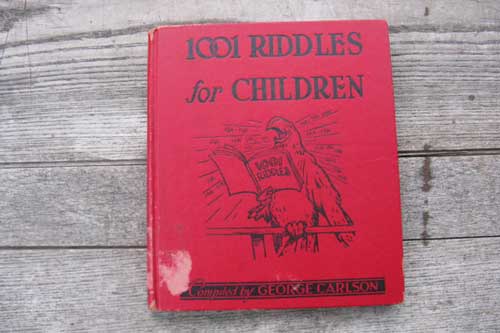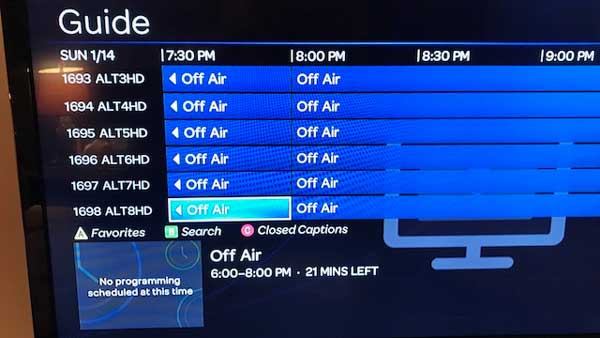We can cling so tightly to the things we know that we don’t go beyond and learn how to apply it.
“The less people know, the more stubbornly they know it.”
Consider this…
- Knowledge is knowing the facts.
- Understanding is the ability to glean meaning from those facts. Often that involves seeing things in context, perhaps relating to circumstances, best practices, or strategy.
- Wisdom is knowing what to do with that knowledge.
A 16-year-old may have enough knowledge to drive the car but you wouldn’t just toss them the keys and say, “Have a good weekend!”
Continue reading



